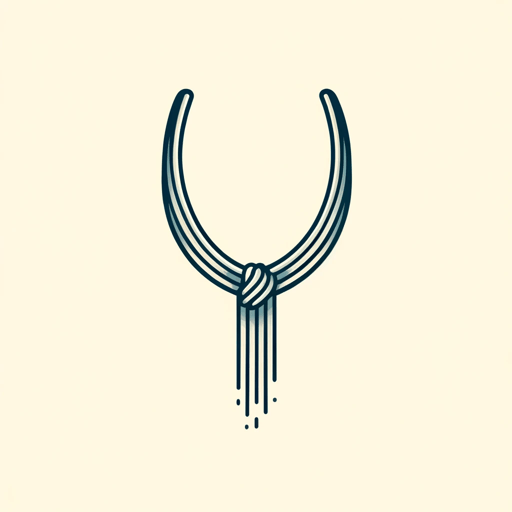44 pages • 1 hour read
John Mark ComerThe Ruthless Elimination of Hurry: How to stay emotionally healthy and spiritually alive in the chaos of the modern world
Nonfiction | Book | Adult | Published in 2019A modern alternative to SparkNotes and CliffsNotes, SuperSummary offers high-quality Study Guides with detailed chapter summaries and analysis of major themes, characters, and more.
Important Quotes
“Anybody feel a bone-deep tiredness not just in your mind or body but in your soul? If so, you’re not alone. Jesus invites all of us to take up the ‘easy’ yoke. He has—on offer to all—an easy way to shoulder the weight of life with his triumvirate of love, joy, and peace.”
(Prologue, Page 10)
In this passage from the Prologue, John Mark Comer introduces the biblical idea of Jesus’s “easy yoke,” as taken from Matthew 11:28-30. This idea includes the recognition that life itself has a weight to it, but that Jesus’s way of living offers a lighter and more joyful alternative to the “yoke” of one’s own stress and busyness. Comer’s presentation reflects his rhetorical style as a preacher, using direct, emotional calls to the readers as though addressing a congregation.
“Love, joy, and peace are the triumvirate at the heart of Jesus’s kingdom vision. All three are more than just emotions; they are overall conditions of the heart. They aren’t just pleasant feelings; they are the kinds of people we become through our apprenticeship to Jesus, who embodies all three ad infinitum. And all three are incompatible with hurry.”
(Part 1, Chapter 1, Page 24)
According to Comer, the goal of following Jesus as his apprentice is not merely to believe certain things or even to feel certain feelings, like love, joy, or peace. Rather, the goal is to become a certain kind of person, whose character—like Jesus’s—radiates love, joy, and peace as their fundamental virtues. Apprenticeship to Jesus, then, leads ultimately to transformation.
“Technological, and even economic, progress does not necessarily equal human progress. Just because it’s newer and/or faster doesn’t mean it’s better. […] What looks like progression is often regression with an agenda.”
(Part 1, Chapter 2, Page 42)
One of the many cultural assumptions that lies behind the disease of hurry is that progress is always good, regardless of what kind of progress it is. Comer takes issue with this idea, noting that technological advancements are not necessarily good for every part of human life: Some, like smartphones and the Internet, have advanced certain capabilities while also throwing massive temptations and obstacles in the way of healthy human living.

